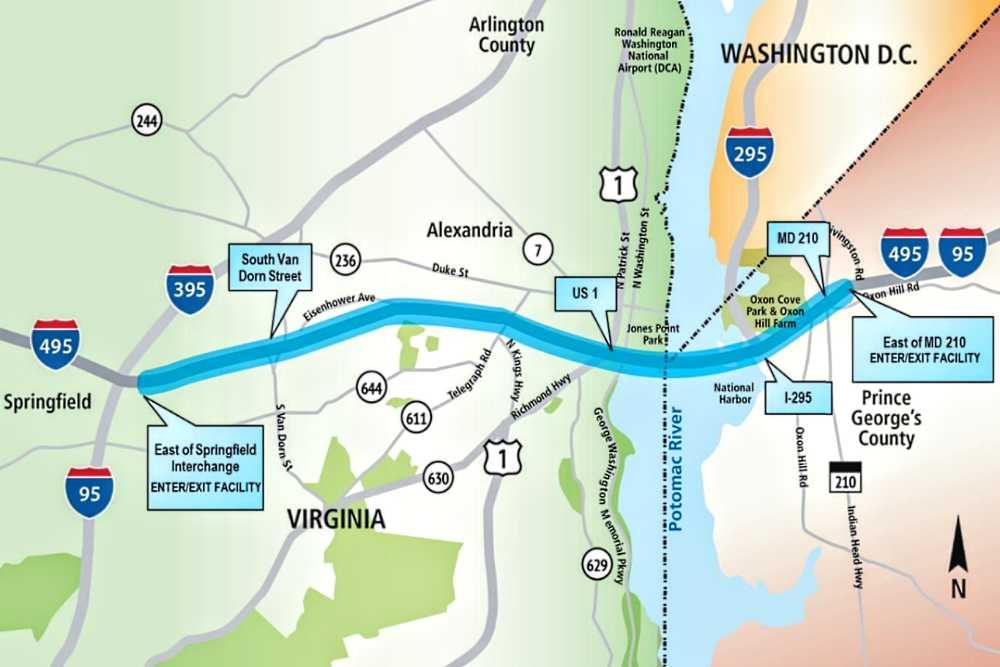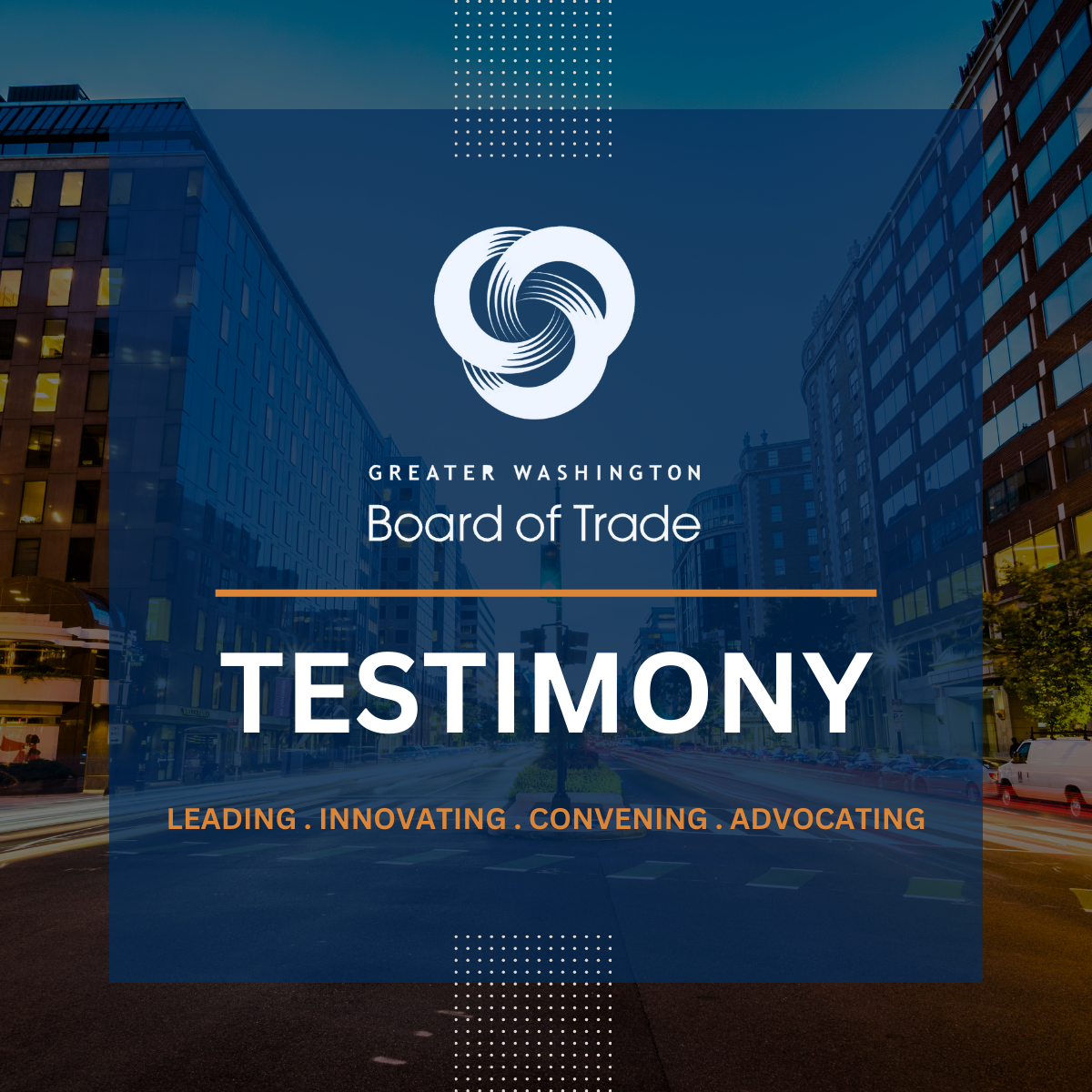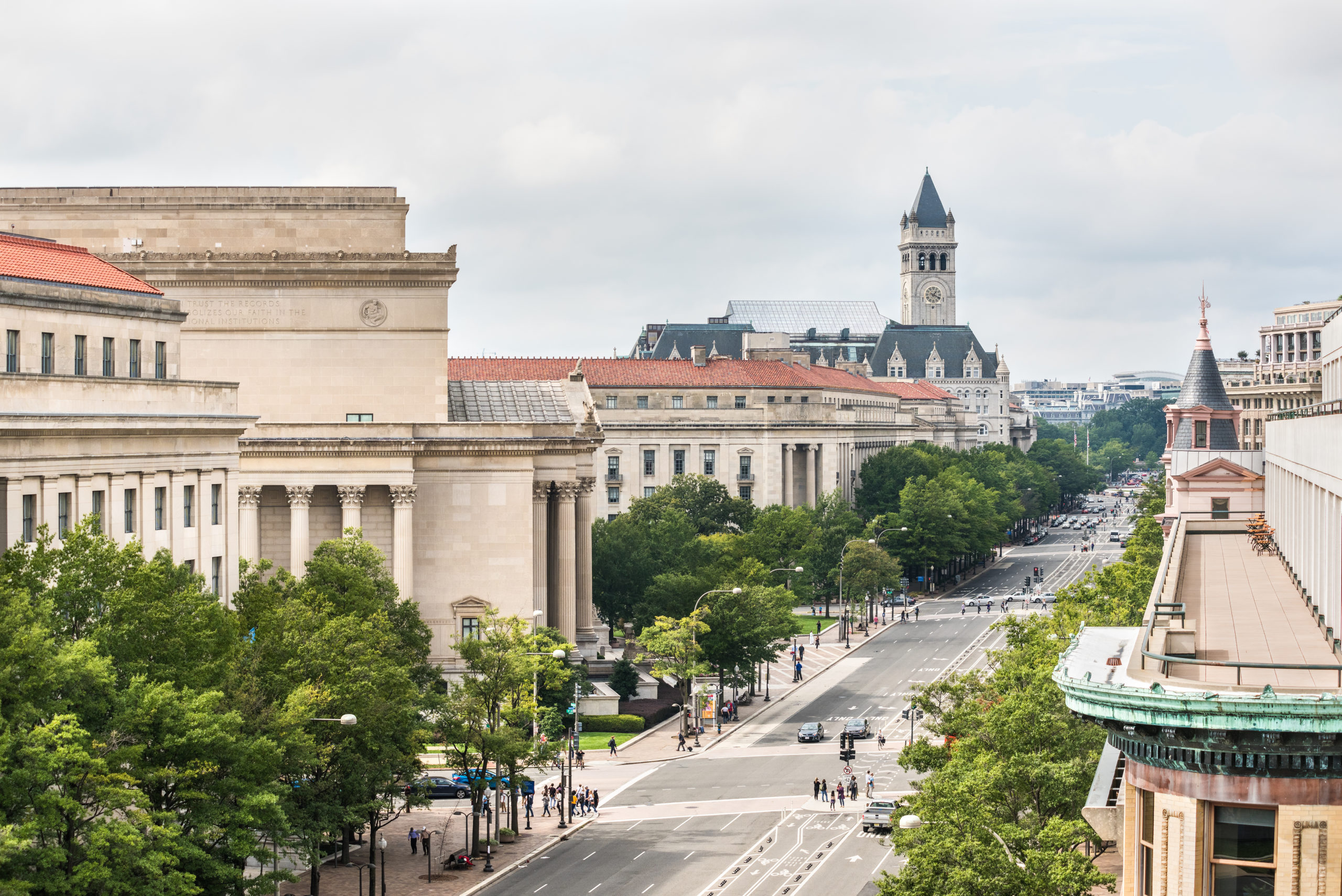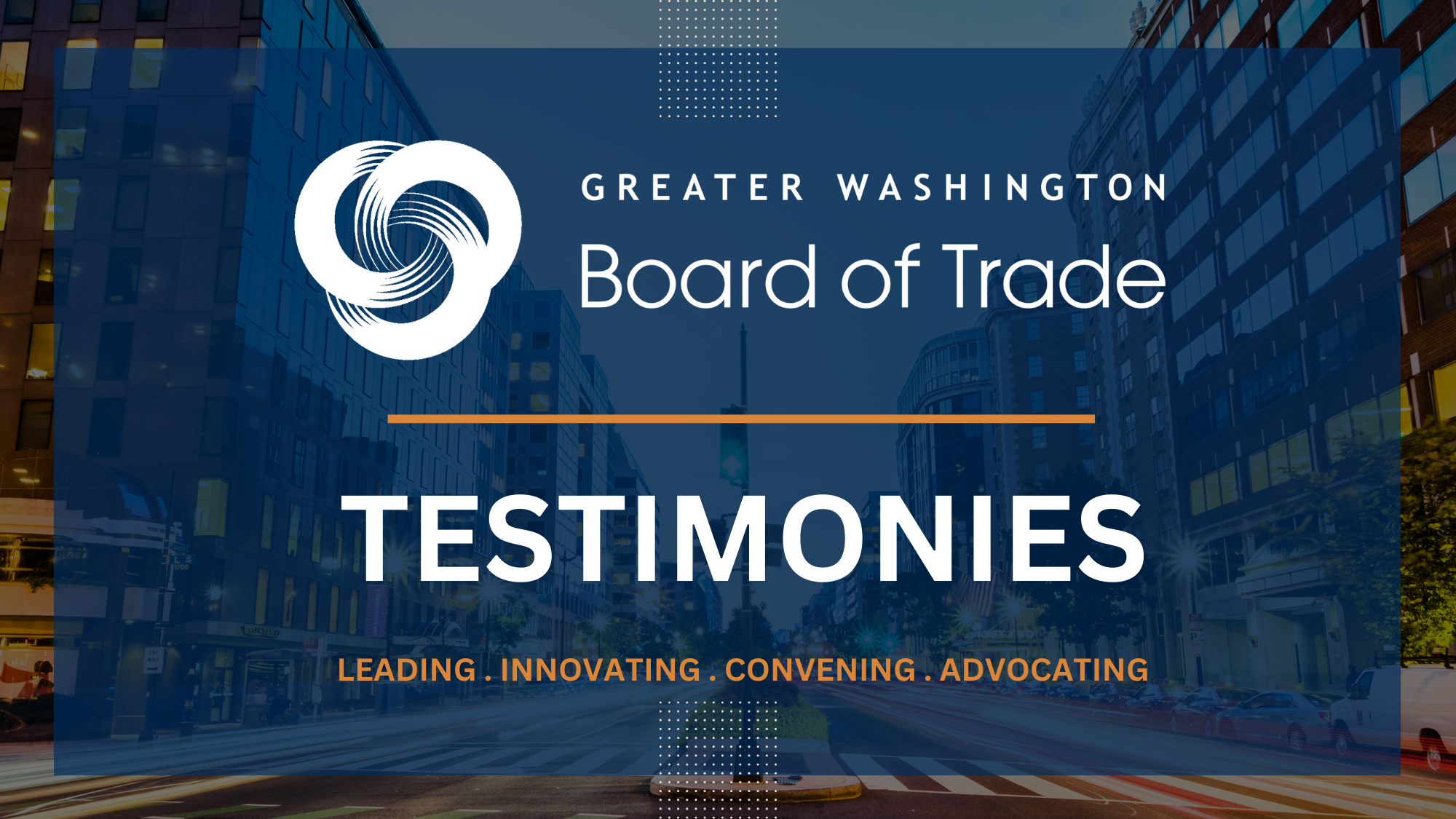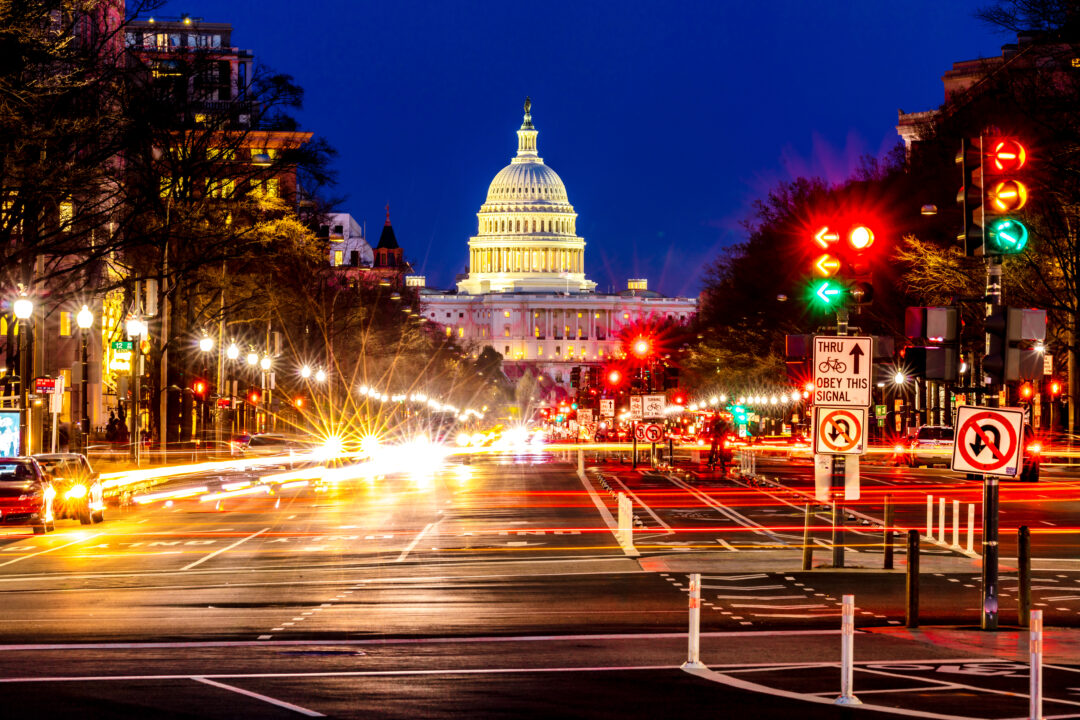About this Testimony: The Greater Washington region is at a pivotal moment when it comes to workforce development. Shifts in the federal employment landscape, combined with long-standing challenges around talent access and equitable opportunity, demand a bold, coordinated response. On behalf of the Board of Trade, President and CEO Jack McDougle delivered the following testimony to the D.C. Council’s Committee on Executive Administration and Labor. His remarks emphasize the need for a modern, regionally aligned workforce system, one that bridges gaps between employers and talent, supports economic resilience, and ensures D.C. residents and businesses can thrive in a rapidly evolving economy.
Chairperson Anita Bonds and members of the Committee,
Thank you for the opportunity to testify on behalf of the Greater Washington Board of Trade. My name is Jack McDougle, and I am President and CEO of the Board of Trade. Founded in 1889, we represent hundreds of employers—with thousands of workers— across the Washington region who rely on a skilled, adaptable, and inclusive workforce to compete—and who are committed to helping strengthen the workforce in the District and throughout the metro area.
Workforce challenges aren’t new. This region has long been home to one of the most highly educated and skilled workforces in the country. We have some of the best universities, research institutions, and federal expertise anywhere. But employers still struggle to find the right talent at the right time. And too many residents still face barriers to getting their foot in the door.
Now, those long-standing challenges are intersecting with something bigger and more immediate.
The federal government—long the backbone of our regional economy—is changing. Telework, digitization, automation, and agency consolidation are reducing the federal footprint, especially in downtown D.C. That’s affecting not just jobs, but office occupancy, small business vitality, and city revenues. Thousands of workers are being displaced or restructured, many of them with valuable skills—but without a clear path forward. Meanwhile, many D.C. residents are still disconnected from the workforce entirely.
So, we’re facing a multi-sided problem: how to help people enter the workforce, how to help experienced professionals transition into new roles and how to attract and retain the talent we need to compete.
Solving this isn’t just about creating more training programs. It’s about building a coordinated, regional system that connects people to opportunity—wherever the job is—and helps employers find talent—wherever that talent lives.
Why a Regional Approach Matters
The District lies at the economic center of a much larger labor market. Roughly two-thirds of jobs in D.C. are held by people who live in Maryland or Virginia. At the same time, tens of thousands of District residents commute to jobs outside the city every day.
If we’re serious about increasing economic opportunity for D.C. residents, we can’t limit our thinking to only jobs within city limits. Likewise, if we want to strengthen D.C.’s job base and bring people back into our downtown corridors, we need to make it easier for talent across the region to access those jobs.
This requires a level of policy alignment, data sharing, and joint investment that we simply do not have today.
Some progress is underway. Virginia’s G3 program, for example, offers tuition-free community college in high-demand fields like IT, healthcare, and skilled trades—paired with employer engagement. Maryland is investing in apprenticeship expansion and industry-led partnerships through its Employment Advancement Right Now (EARN) initiative.
Virginia has also taken steps to streamline its workforce system by consolidating dozens of fragmented programs under the purview of the newly established Virginia Office of Education and Labor, with the goal of improving coordination, reducing duplication, and aligning training more directly with employer needs.
And in D.C., we’re seeing promising models too—like the Infrastructure Academy’s partnerships with Pepco and WMATA to prepare residents for real jobs in energy and transportation. But we need more coordination across the region, and better data to guide investment.
What the Council Can Do
Here are five ways the District can lead in FY26—and help build a workforce system that reflects how people live, work, and move across this region.
- Support a Regional, Data-Driven Workforce Strategy
Our region lacks a shared, real-time understanding of workforce supply and demand. Employers, educators, training providers, and governments all make decisions based on partial or outdated information. We strongly urge the District to partner with neighboring jurisdictions—Maryland, Virginia, and regional planning bodies—to develop a unified baseline of current labor market conditions. This should include disaggregated data by industry, occupation, skills, demographics, and geography.
Such a baseline would allow all of us to align efforts, avoid duplication, target investment, and measure progress consistently.
Recommendation:
Support the creation of a Regional Workforce Intelligence Hub, in partnership with MWCOG, Consortium of Universities, the Workforce Investment Council, and workforce leaders in Maryland and Virginia.
- Helps align training programs with actual job demand
- Track skill gaps and mobility across jurisdictions
- Provides clear, actionable data for jobseekers, employers, and policymakers alike
This is core infrastructure for smarter decisions and stronger outcomes.
- Expand Employer-Led Training with Cross-Jurisdiction Portability
We need to move even further beyond traditional classroom models and embrace demand-driven, work-based learning. The Council can promote public-private partnerships that create apprenticeships, industry bootcamps, and employer-sponsored credentials—especially in high-growth sectors like IT, clean energy, healthcare, and advanced manufacturing.
Recommendation:
Invest in Workforce Innovation Grants that support partnerships between employers and training providers focused on:
- Industry-designed curricula
- Paid apprenticeships and bootcamps
- Credentials recognized across D.C., Maryland, and Virginia
- Reducing administrative barriers for employer participation
This builds on successful approaches already in motion. We’ve seen how employer-driven programs at UDC, the Healthcare Workforce Partnership, and the Tech Apprenticeship Program at Northern Virginia Community College can deliver talent that’s job-ready from day one.
- Launch a Federal Workforce Transition Program
Thousands of federal and contractor workers are being impacted by the ongoing restructuring. Many have transferable skills—but need targeted support to pivot into new fields.
Recommendation:
Create an integrated Federal Transition Upskilling Program to provide:
- Training in high-demand private-sector fields (e.g., cybersecurity, project management, clean energy)
- Career coaching and job placement support
- Incentives for regional employers to hire transitioning talent
This helps retain experienced professionals in the region and prevents talent loss from the city’s core.
- Invest in Wraparound Supports for Jobseekers
Access to training is meaningless if people can’t show up. We hear this all the time from employers and community partners—people are ready to work but face real barriers.
Recommendation:
Prioritize supports that make workforce participation possible:
- Childcare for jobseekers and trainees
- Free or subsidized Metro, MARC, VRE or other mobility access
- Navigation and coaching services that help residents see—and pursue—what’s possible across the region
These supports may seem small, but they’re game-changers for residents balancing work, family, and training.
- Strengthen the District’s Workforce Infrastructure
The District’s workforce system needs to be agile, integrated, and built to partner—both internally and across borders. We encourage the Council to break down silos—between workforce, education, economic development, and human services—and between the District and its regional peers. The economic fate of this region is shared. No single jurisdiction can go it alone.
Recommendation:
Further support DOES and the Workforce Investment Council to:
- Modernize operations and digital tools for job matching and tracking
- Improve coordination across education, training, and economic development
- Evaluate long-term outcomes—not just short-term placements
This ensures our systems are working smarter, not just harder.
Conclusion: Shared Workforce, Shared Responsibility
The workforce challenges we face—recruitment, retention, displacement, inequity, skills misalignment—don’t stop at jurisdictional borders. Our solutions can’t either.
The District has a chance to lead—not only in reimagining how we support residents and businesses, but in showing what regional collaboration can look like when it’s done right.
Let’s connect the dots between employers, workers, and opportunity—no matter where they’re starting from. Let’s build a workforce system that reflects how people actually live and work across the region.
Sincerely,
Jack McDougle
President & CEO
Greater Washington Board of Trade
See Additional Testimonies and Letters of Support we have submitted recently:
Letter of Support: ‘Local Funds Act of 2025’ Protects DC’s Authority to Spend Locally Raised Revenue
Testimony: Submitted to DC Council, Committee on Business & Economic Development
Letter to Congress: Addressing Concerns with House Concurrent Resolution 14
Congress Should Preserve DC’s Home Rule and Withdraw the Bowser Act | WBJ Viewpoint
